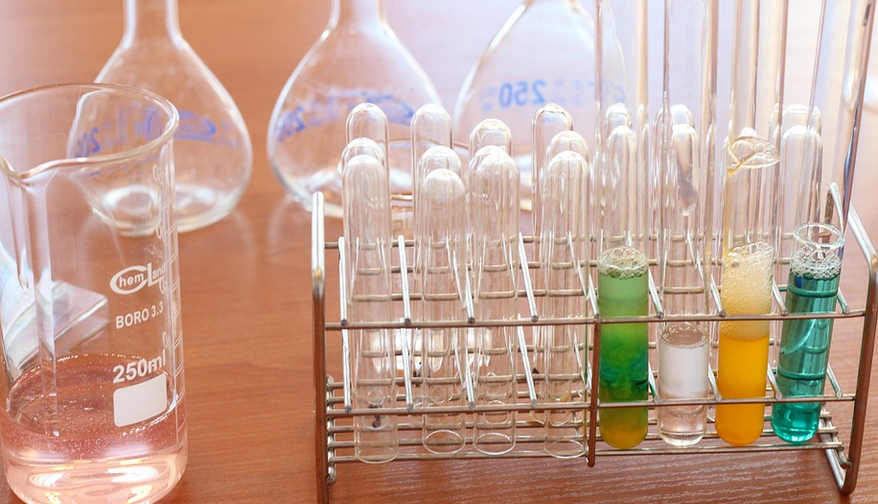Understanding High Potassium Levels
High potassium levels, also known as hyperkalemia, is a condition where there is too much potassium in the blood. This can be caused by various factors such as kidney disease, certain medications, and a poor diet. If left untreated, high potassium levels can lead to serious health complications such as irregular heartbeat and muscle weakness.
Signs and Symptoms of High Potassium Levels
Some common signs and symptoms of high potassium levels include nausea, vomiting, fatigue, muscle weakness, and difficulty breathing. In severe cases, it can lead to paralysis or even cardiac arrest.
Treatment Options for High Potassium Levels
The treatment for high potassium levels depends on the severity of the condition. In mild cases, lifestyle changes such as a low-potassium diet and increased water intake may be recommended. However, in more severe cases, medication may be prescribed to help lower potassium levels. Some common medications include potassium-binding resins, loop diuretics, and insulin injections.
Prevention of High Potassium Levels
The best way to prevent high potassium levels is to maintain a healthy, balanced diet. This includes limiting or avoiding foods that are high in potassium such as bananas, oranges, and potatoes. It is also important to stay hydrated and to speak with your doctor before starting any new medications or supplements.
The Importance of Regular Blood Tests
If you have a history of kidney disease or are taking medications that may affect your potassium levels, it is important to have regular blood tests to monitor your potassium levels. This can help catch any potential issues early and prevent serious health complications.
When to Seek Medical Attention
If you are experiencing any signs or symptoms of high potassium levels, it is important to seek medical attention right away. Your doctor can perform a blood test to determine your potassium levels and recommend the appropriate treatment plan.
Conclusion
High potassium levels can be a serious condition, but with proper treatment and prevention, it can be managed effectively. By maintaining a healthy diet, staying hydrated, and working closely with your doctor, you can ensure that your potassium levels stay within a healthy range.
Sources:
Mayo Clinic. (2023). Hyperkalemia. Mayoclinic.org
National Kidney Foundation. (2023). High Potassium Levels. Kidney.org
WebMD. (2023). Potassium and Your Heart. Webmd.com

